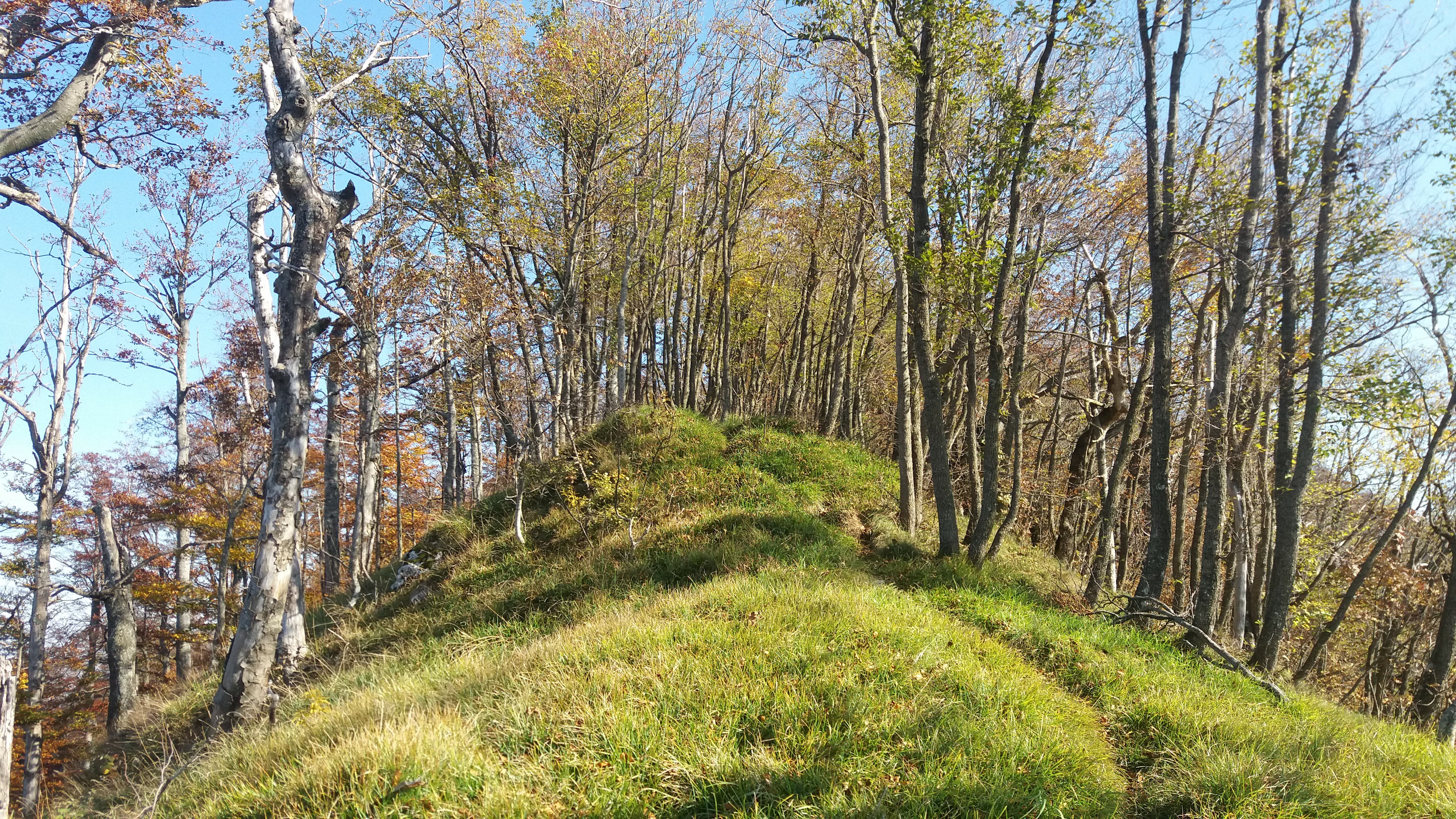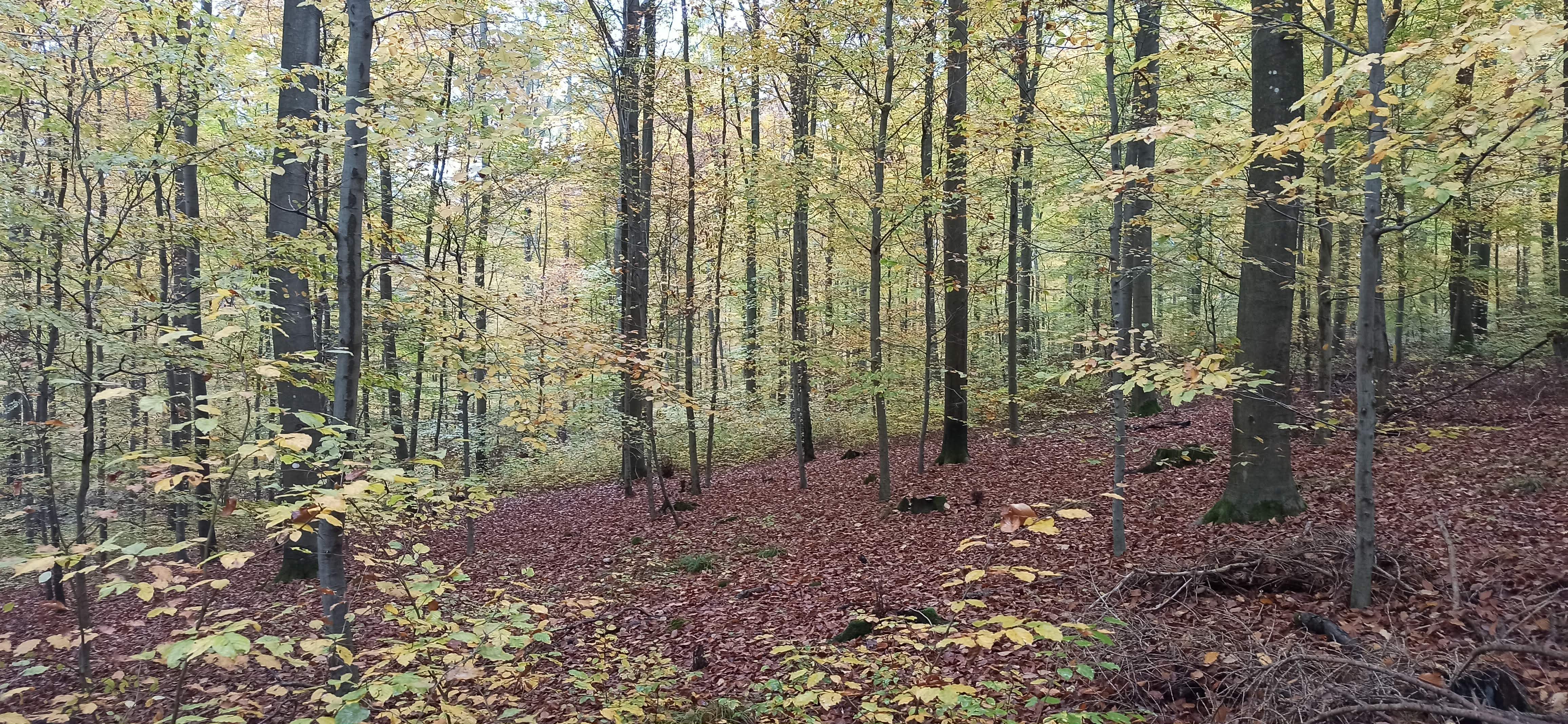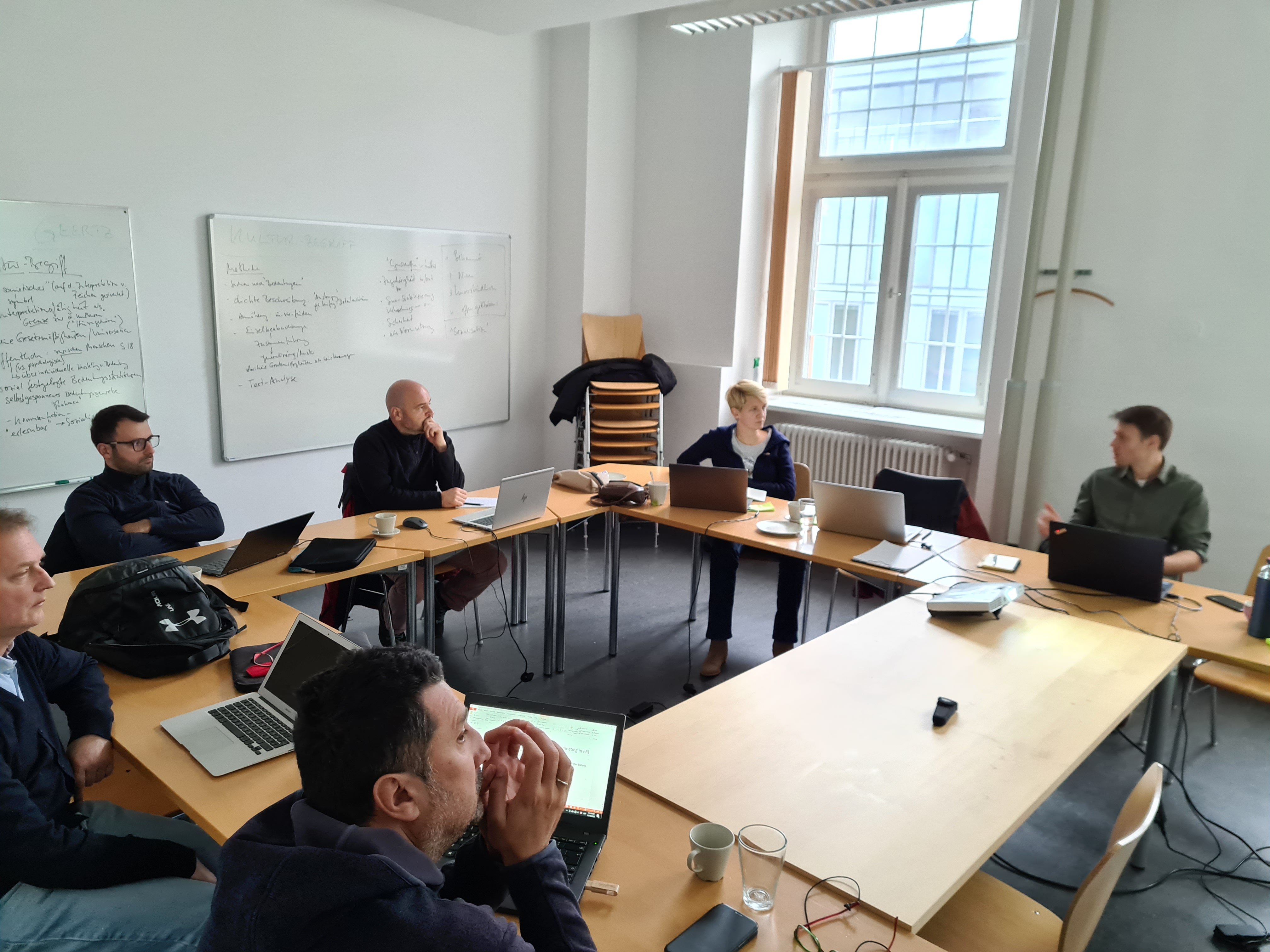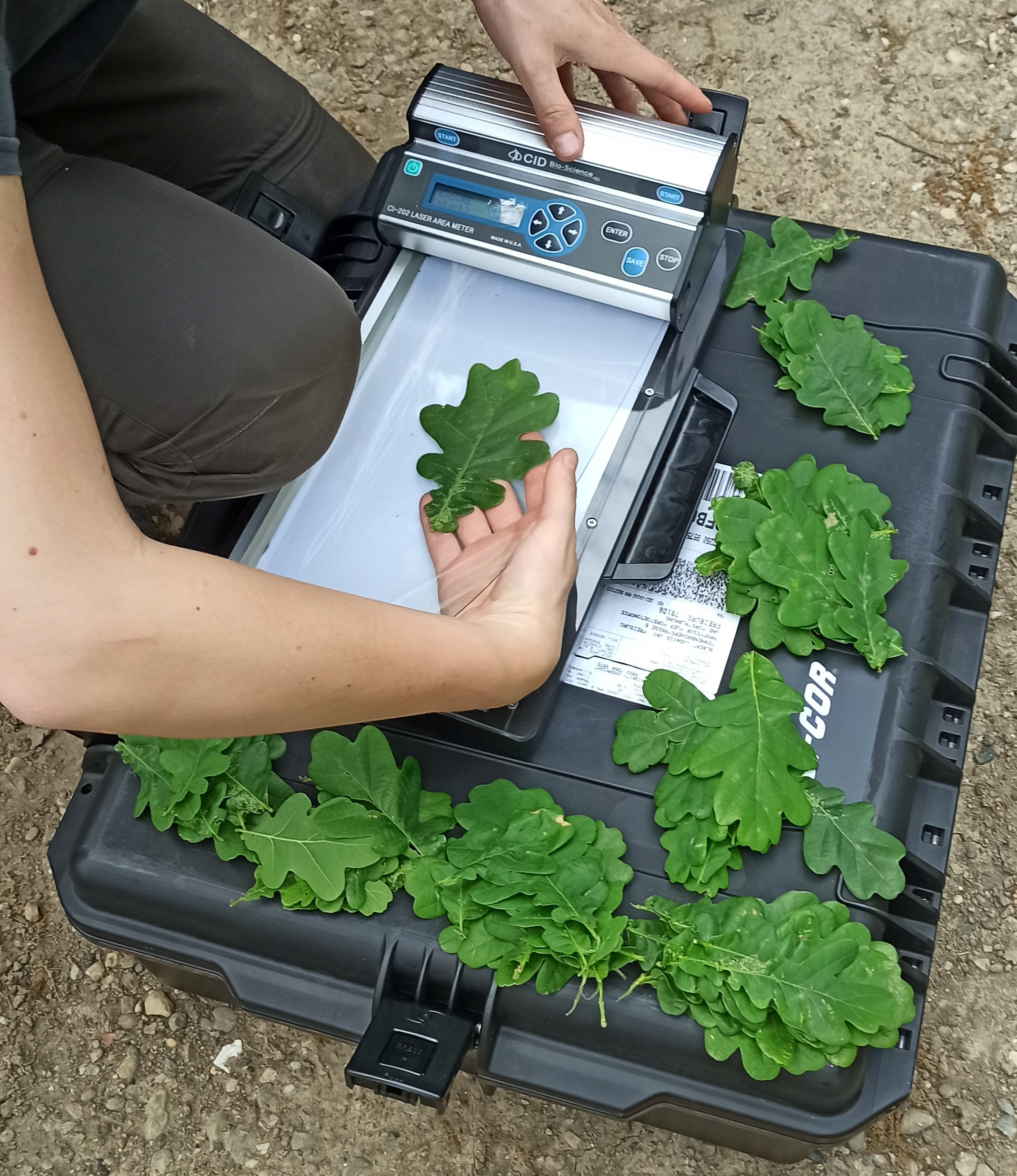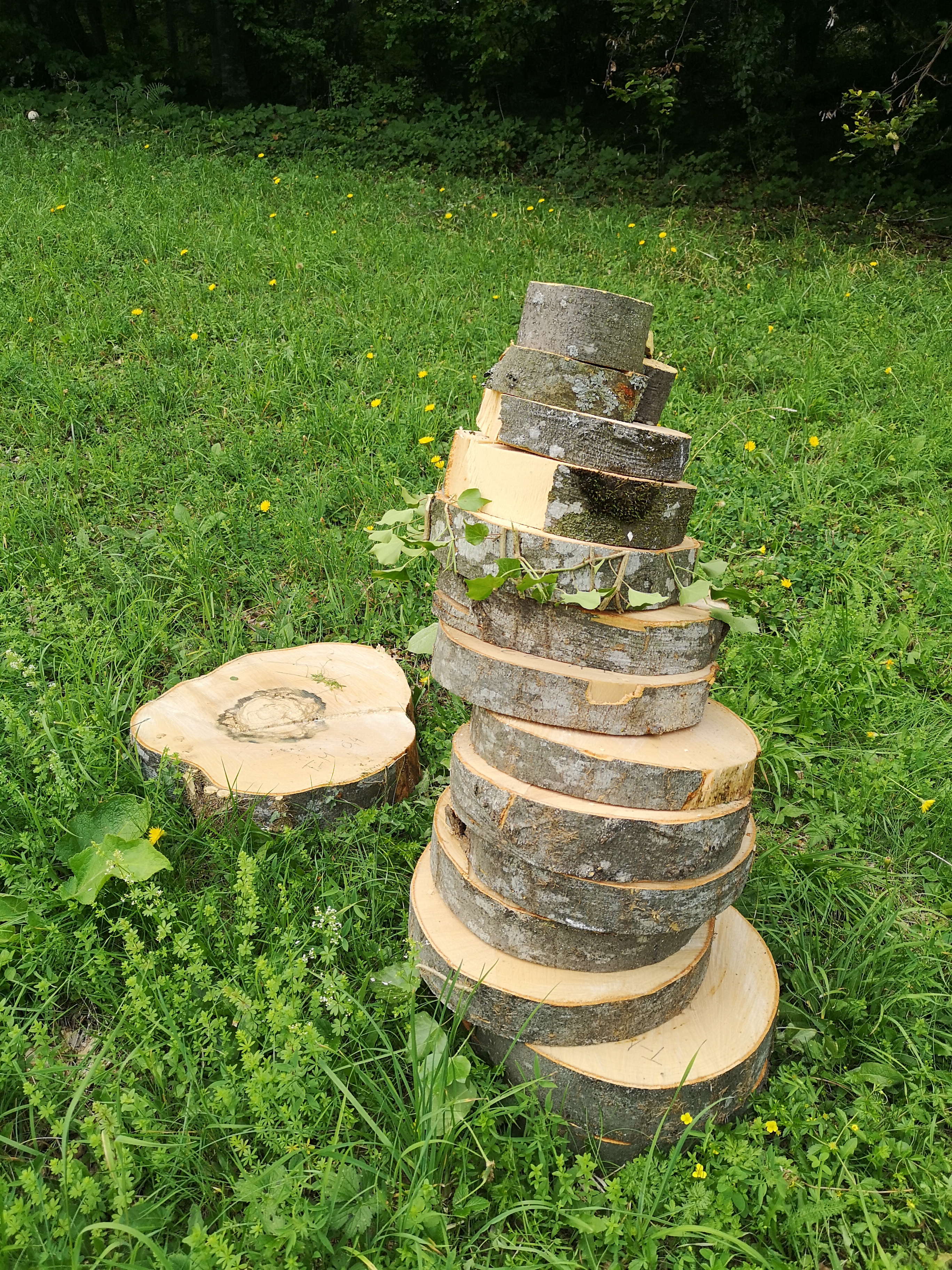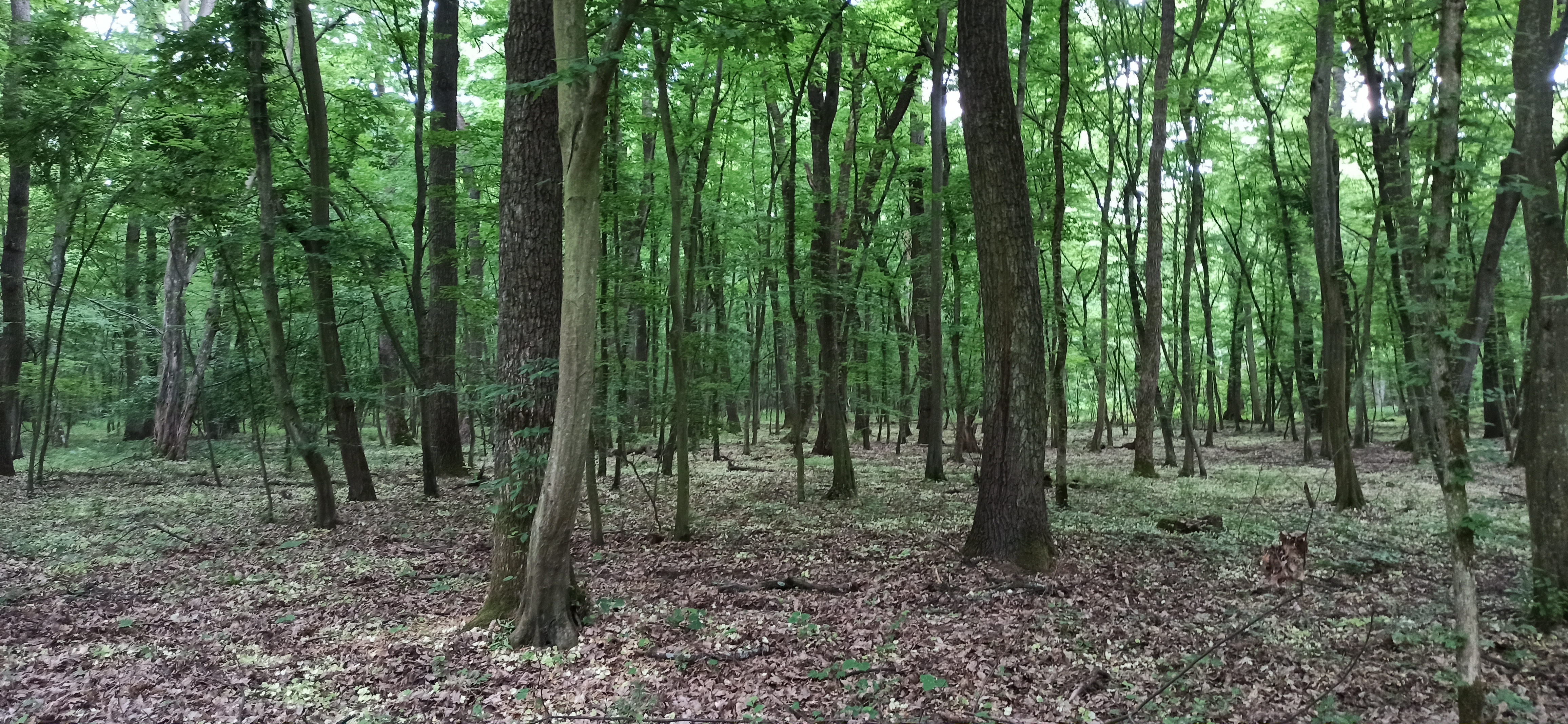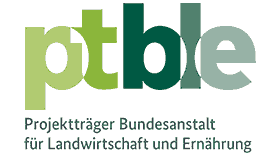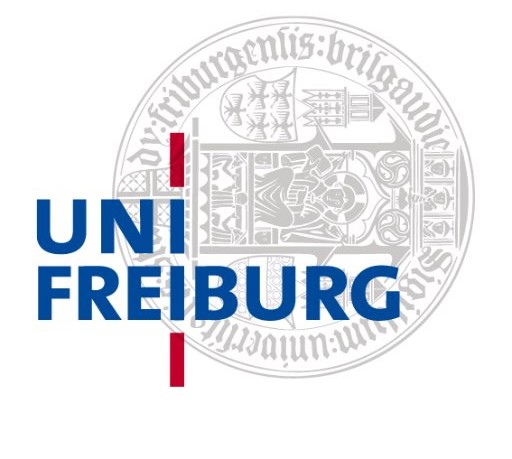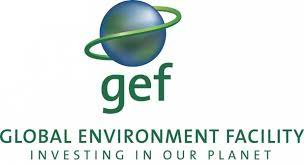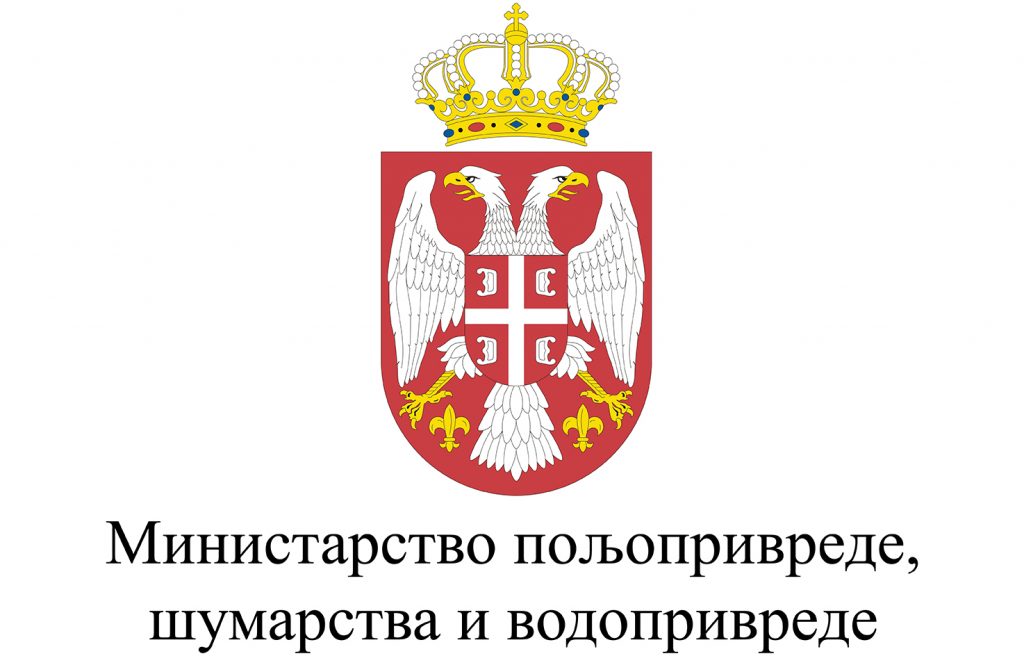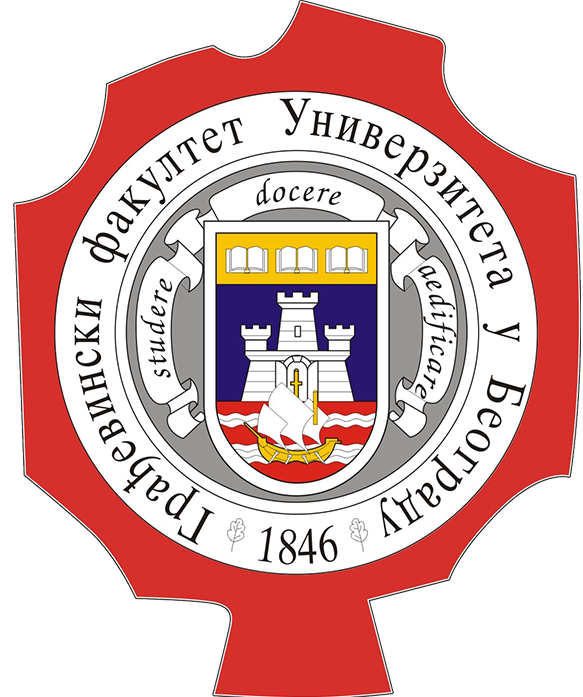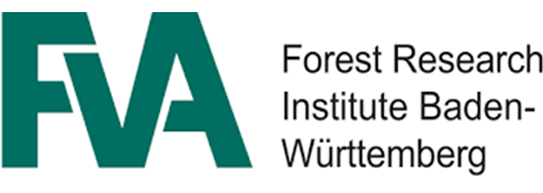Forests are a key natural habitat and resource in Serbia. Serbian forests represent the natural beauty of the Serbian landscape. They cover 2.2 million hectares - almost 30% of the land area – with beech (Fagus sylvatica L.) and oak (Quercus spp.) being the most widely distributed tree species. They are essential for biodiversity, for fauna and flora, clean water and water retention providing at the same time protection against erosion and landslides. Each year more than 7 million m3 of timber is supplied to the wood and furniture industry of which 70 % is used for energy purposes. This contributes 14 % to Serbia’s energy consumption.
Forests are suffering from climate change but at the same time they have the ability to store large amounts of CO2 and are thus important for climate protection. Serbia is projected to become one of the hotspots of climate change in Europe. The Serbian forestry sector thus aims to stabilize forests, adapt them to climate change, and find optimal tools and methods for forest management. The governments of Germany and Serbia signed an agreement in July 2015 through their respective Ministries of Agriculture to develop and implement innovative forest management planning considering economic, ecological and social aspects in Serbia.
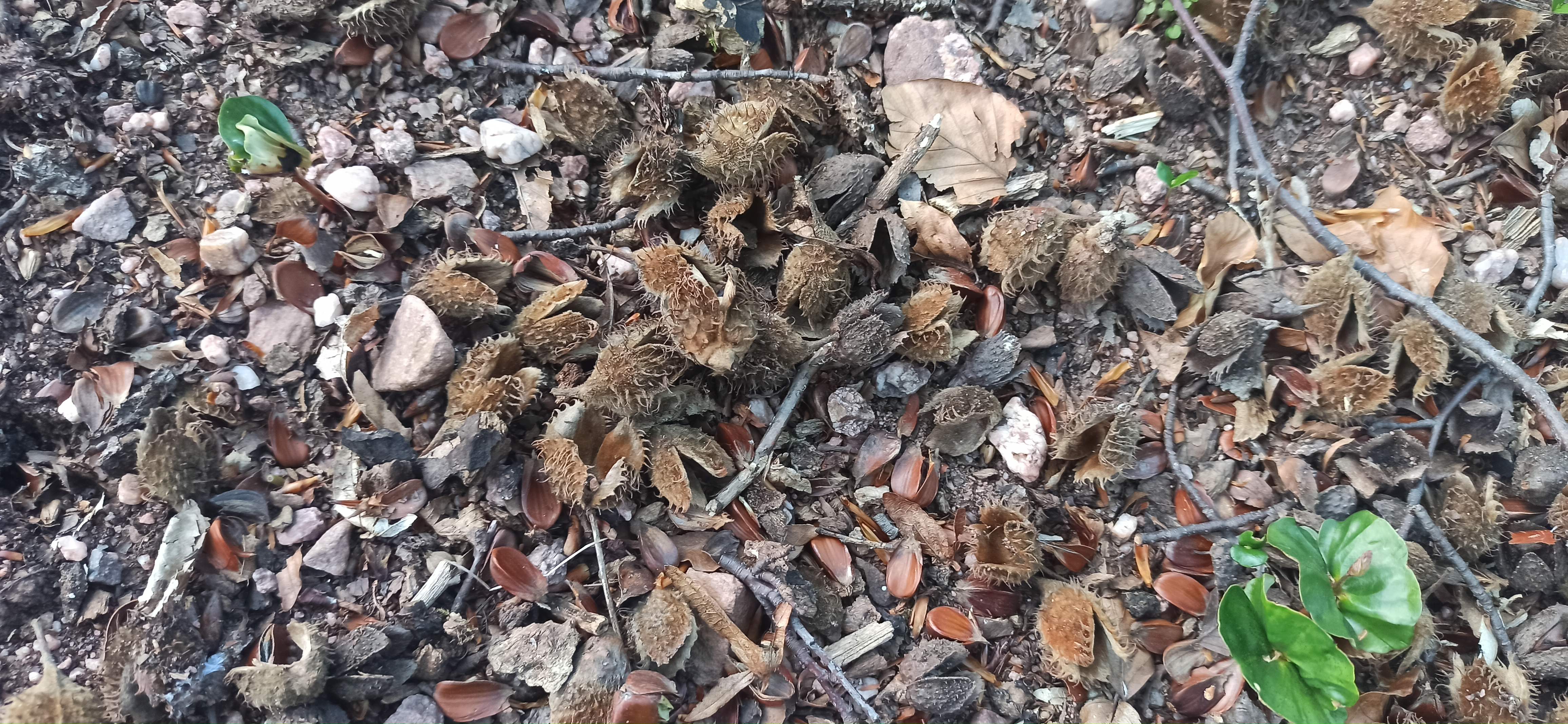
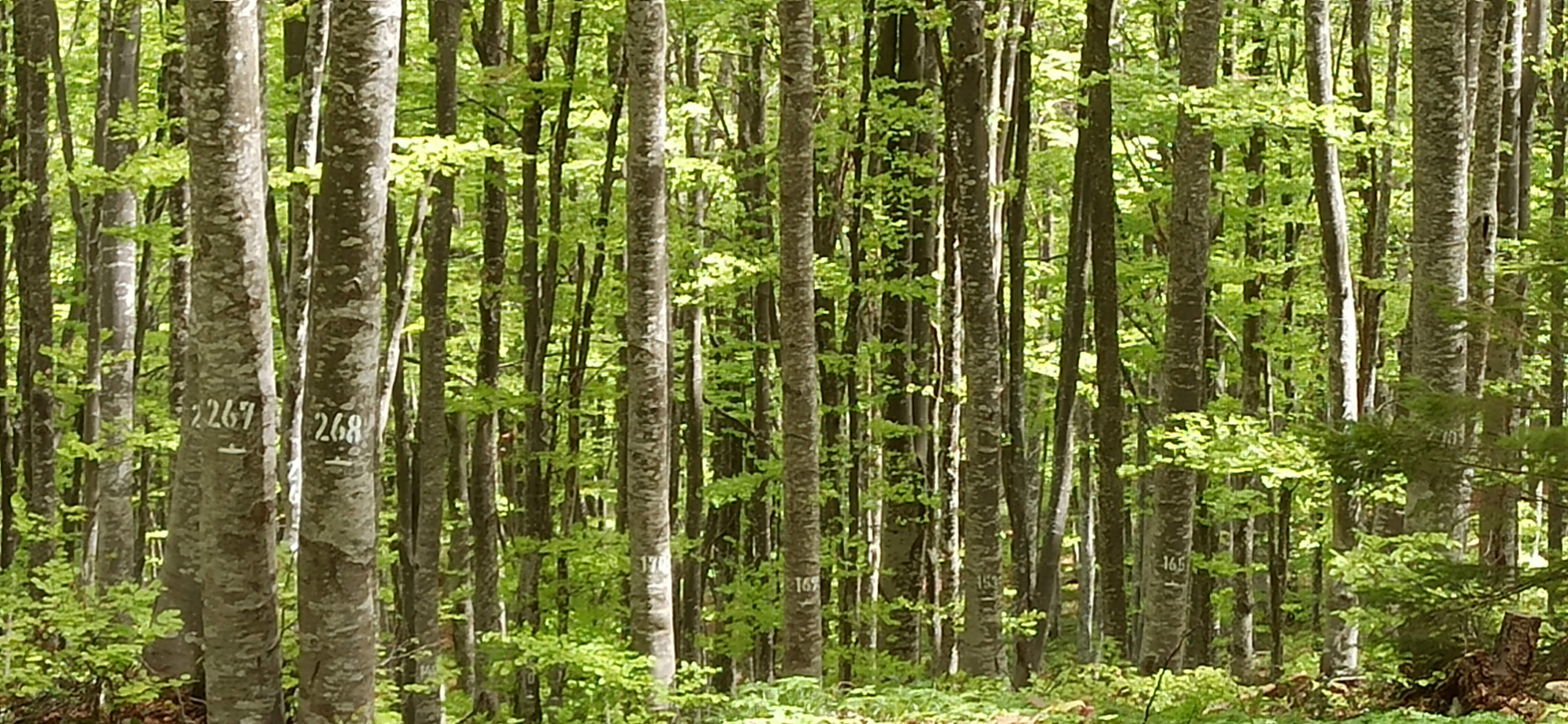
The following main research gaps and fields of improvements/measures were identified:
- Among the most relevant, identified research gaps ("improvement measures") were
- - Scientific components of a modern digital site mapping system for analysing the current and future tree species suitability
- - a deficit in long-term forest growth experimental and monitoring plots for developping site-dependent productivity and yield tables
- - the lack of climate-sensitive forest growth models coupled with an economic models capable of simulating and assessing effective adaptation strategies to climate change.
- - ultimately, the absence of adequate policy programs governance framework to implement measures in the direction of "Climate Smart Forestry" in Serbia, that efficiently links adaptation and mitigation in the context of climate change.
The project aims to improve the economic and ecological stability of Serbia's forests through the introduction of improved planning and monitoring approaches and the consistent implementation of close-to-nature forest management that promotes the bioeconomy in rural landscapes and guarantees a large number of ecosystem services. Serbia can serve as a model for anticipating the challenges of climate change through meaningful adaptation strategies in forest management. Adaptive forest management in Germany can therefore greatly benefit and learn from experiences in Serbia whose climatic conditions today will be similar in the near future to those in the partner country.
